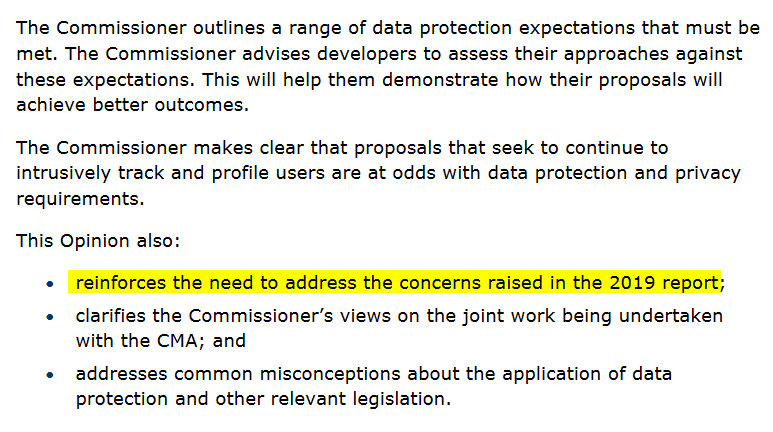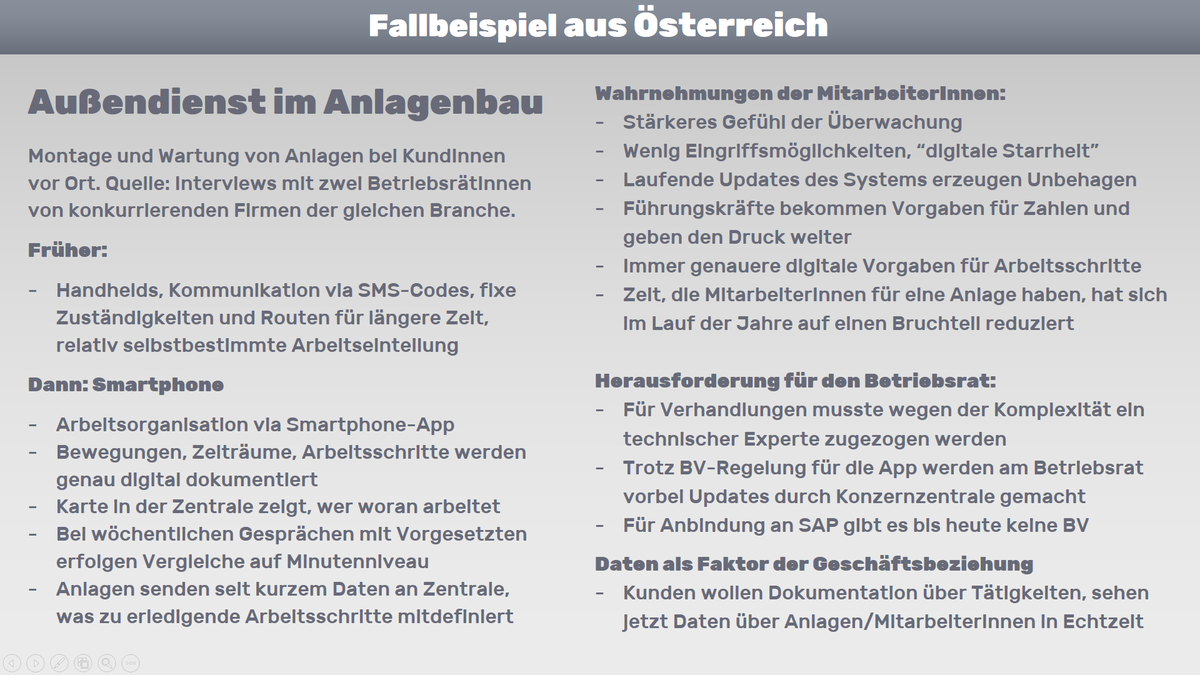
In 2019, the UK data protection authority found that surveillance advertising is illegal at scale & millions are affected by GDPR violations myriads of companies commit every day. Now the regulator 'reinforces the need to address the concerns'. I mean #wtf
ico.org.uk/media/about-th…
ico.org.uk/media/about-th…

The 2019 report was very good, and today's 'opinion' once again contains a sharp analysis of massive non-compliance, which the ICO 'continues to see evidence of', including 'invalid consent', 'unlawful' data processing, and it's not even clear by whom.
But NOTHING happens!

But NOTHING happens!


"The Commissioner called for industry to make changes, but also recognised the need for a measured and considered approach due to… a commercially sensitive ecosystem"
Bullshit. The ICO undermines compliance, destroys trust into the GDPR and into information technology at large.
Bullshit. The ICO undermines compliance, destroys trust into the GDPR and into information technology at large.
WHY should anyone comply with the law if the ICO lets a multi-billion dollar industry that touches everyone's lives every minute get away with a dirty trick that does not only lead to annoying cookie banner spam but lets thousands of companies harvest personal data on billions? 

The ICO's approach of non-enforcement and industry appeasement artificially keeps toxic business models alive and damages our future information society.
Besides of that, the Opinion contains interesting stuff.
e.g. email-based ID approaches "do not address the issues raised"
Besides of that, the Opinion contains interesting stuff.
e.g. email-based ID approaches "do not address the issues raised"

• • •
Missing some Tweet in this thread? You can try to
force a refresh








